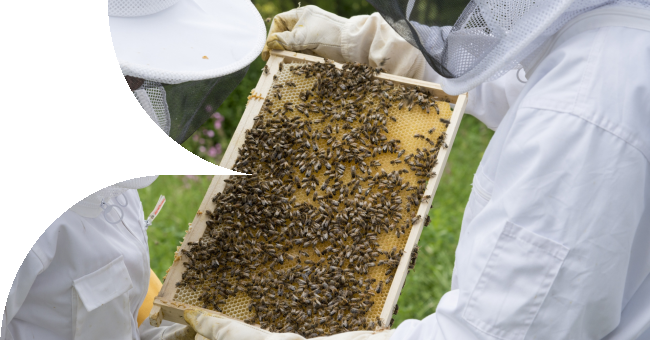The benefits of agrifood technologies: real or fictional? An international study will clarify.
Beta via @ 2022-12-27

"Agriculture is the most traditional and conservative sector in the world" is a phrase heard almost every day. However, this time the text will not be about the reasons for this. We are often convinced of what we cannot substantiate, right? So, why should we be surprised that the owner of a farm handed down from generation to generation does not want to change and invest in changes? After all, the advanced digital technologies offered to farmers are often developed by innovators who have yet to set foot on a real farm, which often leads to a reasonable gap in mutual trust.
After all, when buying vegetables, we would prefer to choose tomatoes grown in the village rather than in some apartment building in Šeškinė. Nevertheless, Urban Farming will receive more and more attention soon. Although it is hard to believe, a vegetable grown in an apartment building in the capital's district can be more organic and nutritious than the one that grew at grandma's garden in the village.
The video preview doesn't lie
Now it is not surprising that we see the video review system in use when watching the World Cup. It started to be used to make the most important decisions based as much as possible on facts, not intuition. The international initiative "QuantiFarm" chose a similar path. During it, many technologies will be tested in different countries, including Lithuania. The obtained results will be compared with those achieved in farms operating according to traditional principles. In other words, data will be collected on technologically advanced and non-technologically advanced farms of similar parameters, and then these collected metrics will be compared. It will enable innovators and farmers to rely on facts rather than emotions or unfounded beliefs.
The hive monitoring system will be tested in Lithuania
Honey, a beekeeper in a white suit and a smoke machine, or just the fear of a bee stinging me. These are the first thoughts that come to mind when you see a bee. However, few of us, looking at these workers, think about the loss of bee colonies and the fact that 84% of plant species and 76% of European food production depend on bee pollination. It creates more than 14 billion value in the European Union, so across the continent, there is a search for ways to solve these problems and increase the efficiency of hives.
The project's initiators in Lithuania chose to test the modern innovation of beehive monitoring and protection developed by the agrifood innovation boutique house "Beta via". As the company representatives stated, the efficiency of the software they created will be ensured by a user-friendly system environment and simple installation of the sensory infrastructure in the hive. Regardless of their manufacturer, the sensors mentioned above will constantly measure the temperature, humidity, and various acoustic signals in the hive at that time. This data will be transmitted to the artificial intelligence-based system, which will allow the beekeeper to know in real time about the possibility of swarm formation, the loss of the queen bee, cases of family attacks, the general assessment of the health of the hive, etc.
"This modern system will be characterized by accuracy, economy and environmental friendliness and will allow beekeepers to reduce costs for hive maintenance by 25%, increase the amount of production by a quarter and reduce the number of dead bees by a fifth", said Augustas Alešiūnas, founder and owner of "Beta via".
Beekeepers will be able to find out whether these words of the businessman are true soon when the studies and tests of the mentioned international initiative "QuantiFarm" in beekeeping farms in Lithuania are completed.
Examples of other studies in Europe
This international study will measure the results of 30 innovations in 20 European countries. For example, in Poland, the results obtained in potato fields will be analyzed where irrigation is carried out based on advanced technologies that account for soil and weather data. In Finland, greenhouses will be studied, where sensors obtain information, and infrared rays are used to make decisions about growing plants and fruits. In the United Kingdom, the object of research will be advanced technologies for more efficient handling of poultry litter to reduce the number of bird diseases and the amount of ammonia emitted into the atmosphere and improve the conditions for raising animals.
Soon, the value created by various advanced technologies in the agrifood sector will be known more accurately. There is little left to wait for the answer.